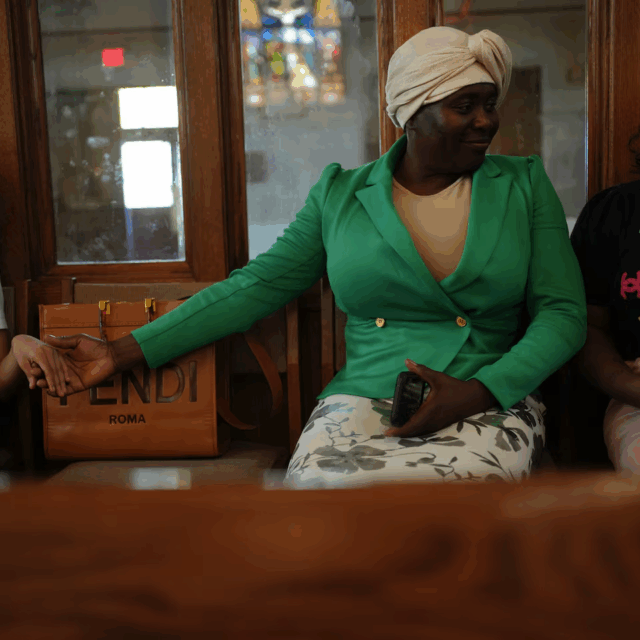The Boston Globe, September 2024
When I was growing up in the predominately white suburb of Wellesley, my Haitian immigrant parents took every opportunity to teach me and my three older sisters about Haiti. They armed us with the history of Haitians’ trailblazing fight for independence, regaled us with the folklore of our culture, immersed us in the vibrant Kreyòl (Haitian-Creole) language, and instructed us to venerate what Haitians refer to as lekol, legliz, lakay: education, church, and home. They also demonstrated what it looks like to stand for Haiti and Haitians through local organizing and community engagement. What I did not realize but see so clearly now is that their efforts were also a form of resistance against false narratives about Haiti. Haitians have always resisted. Both in Haiti and in the diaspora.
A recent example was a gathering of local Haitians I attended in the basement of Mattapan’s Mount Carmel church. We were there to organize a response to the Republican presidential campaign’s role in amplifying the most recent insult against Haitians: that new arrivals in Springfield, Ohio, were eating their neighbors’ pets, a bizarre and thoroughly debunked claim. By fanning the flames of racist hate, the Trump-Vance team has put thousands of Haitians at risk. Yet as many have pointed out, to Haitians none of this is new. Each time our response has been the same. As one local Haitian leader declared at the Mattapan meeting: fo nou kanpe. We are Haitians, we must stand.




